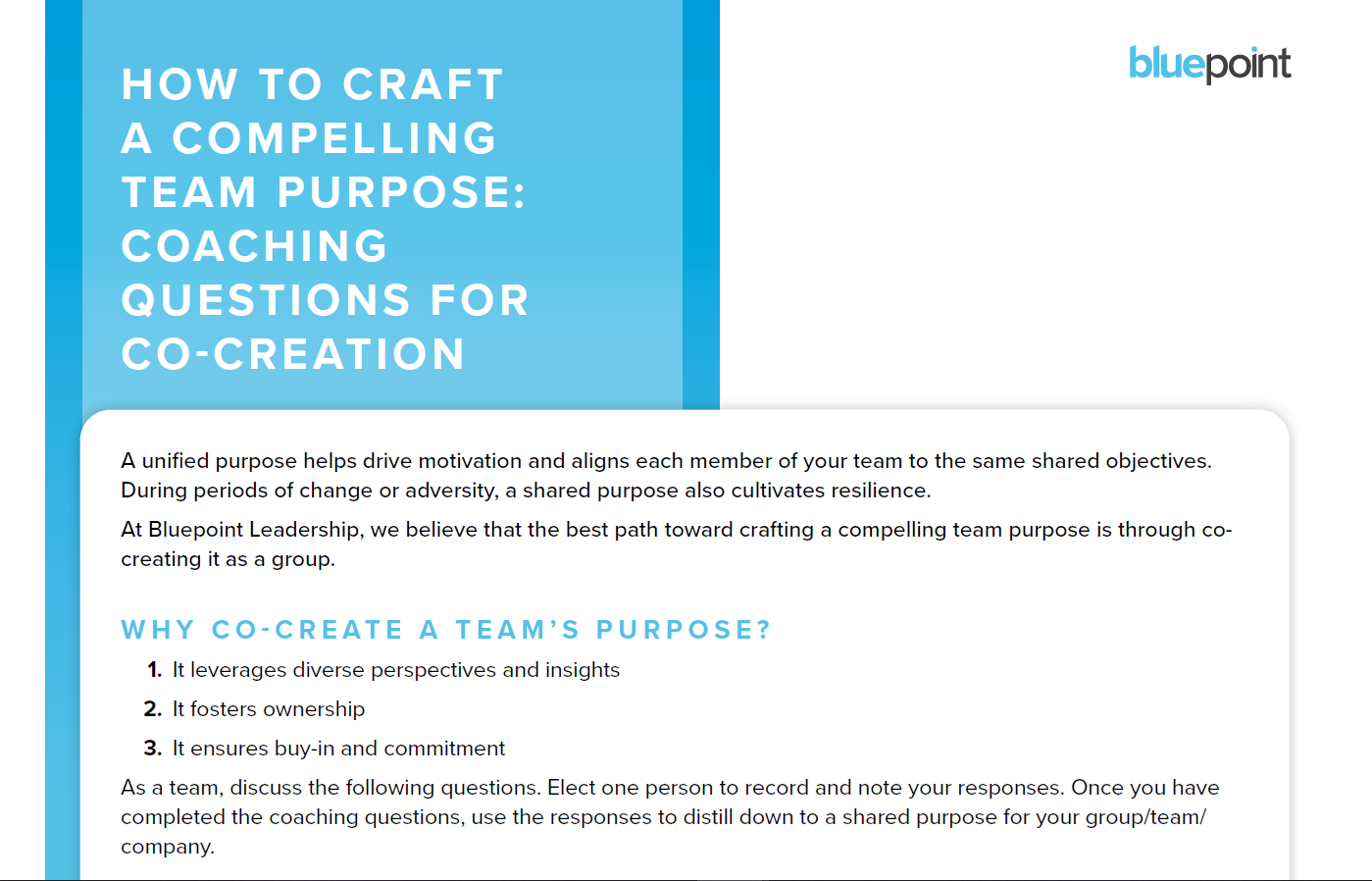Imposter phenomenon, also often referred to as imposter syndrome, can surface across every industry and at all levels. It’s the internal belief that we’re not good enough, not adding enough value, not truly qualified for the roles we hold, or that we won’t be able to handle the challenges ahead. This persistent self-doubt can undermine confidence and performance and significantly disrupt productivity, even in the most capable professionals.
According to Korn Ferry’s 2024 Workforce Global Insights Report, 71% of U.S. CEOs report experiencing symptoms of imposter syndrome, a reminder that feelings of self-doubt and inadequacy aren’t limited to early-career professionals. In fact, the report highlights that imposter syndrome tends to grow stronger as individuals rise through the ranks, affecting leaders from supervisors to the C-Suite.
Coaching is one of the most powerful tools leaders can use to help their teams manage imposter syndrome and unlock higher performance. Coaching has been shown to reduce self-doubt and feelings of inadequacy by up to 40% (Journal of Behavioral Science, 2011).
Once imposter syndrome is recognized, it’s important to develop an intentional plan to address it. Coaching through imposter syndrome isn’t just helpful; it’s a core leadership skill. When team members doubt their abilities, leaders have an opportunity to shift that narrative through thoughtful, meaningful conversations.
The one-on-one coaching questions below are designed to help team members reframe self-doubt, reconnect with their strengths, and move forward with clarity. Organized into four practical stages — Awareness, Intention, Options, and Action — this framework helps guide meaningful reflection and support lasting growth.
Awareness
Awareness begins with helping individuals recognize and name what they’re feeling. Imposter syndrome often thrives in silence, with many high performers not realizing their self-doubt has a name. By giving language to the experience, leaders normalize it and create space for growth.
Potential Coaching Questions:
When do these feelings of self-doubt tend to show up?
What types of situations tend to trigger these thoughts for you?
What do you typically do when these thoughts show up?
How do these thoughts affect your confidence or performance?
What would a trusted peer or mentor say about your performance in this area?
Intention
Intention is about clarifying how someone wants to think, feel, or show up differently. It shifts focus from self-doubt to possibility, setting a meaningful goal that provides direction and purpose, not just a way to escape discomfort.
Potential Coaching Questions:
How would you like to feel in this situation instead?
What would confidence look like for you here?
What’s important to you about showing up differently?
What would it mean for you to trust your experience or abilities?
What does “success” look like?
Options
This stage is all about possibility. It invites the person to consider different strategies, perspectives, or support systems that could help them shift their experience or behavior.
Exploring options provides flexibility and choice, reminding people that they’re not stuck.
Potential Coaching Questions:
What have you done in the past that helped you move through doubt?
What are some different ways you might approach this challenge?
What support do you need?
If you had full confidence, what would you do?
Action
Action focuses on helping the person choose one attainable next step that builds momentum and confidence. Imposter syndrome often leads to overthinking or avoidance, so taking action reinforces a sense of capability, turns insight into movement, and reminds the person that progress is possible.
Potential Coaching Questions:
What’s one small action you can take this week to build confidence?
What will you do to challenge the inner critic the next time it shows up?
How will you check in on your progress or growth?
Who can support or encourage you as you take this step?
How will you celebrate success?
Related Resources
Subscribe to newsletter
Subscribe to our newsletter today and receive innovative, insightful and thought provoking resources (videos, webinars and articles) all effective tools for developing leadership talent.
Connect with Us Today!
This is a gated resource. Contact sales at info@bluepointleadership.com for more information or reach out here: Contact Us
This is a member-only resource. Contact sales at info@bluepointleadership.com for more information.





